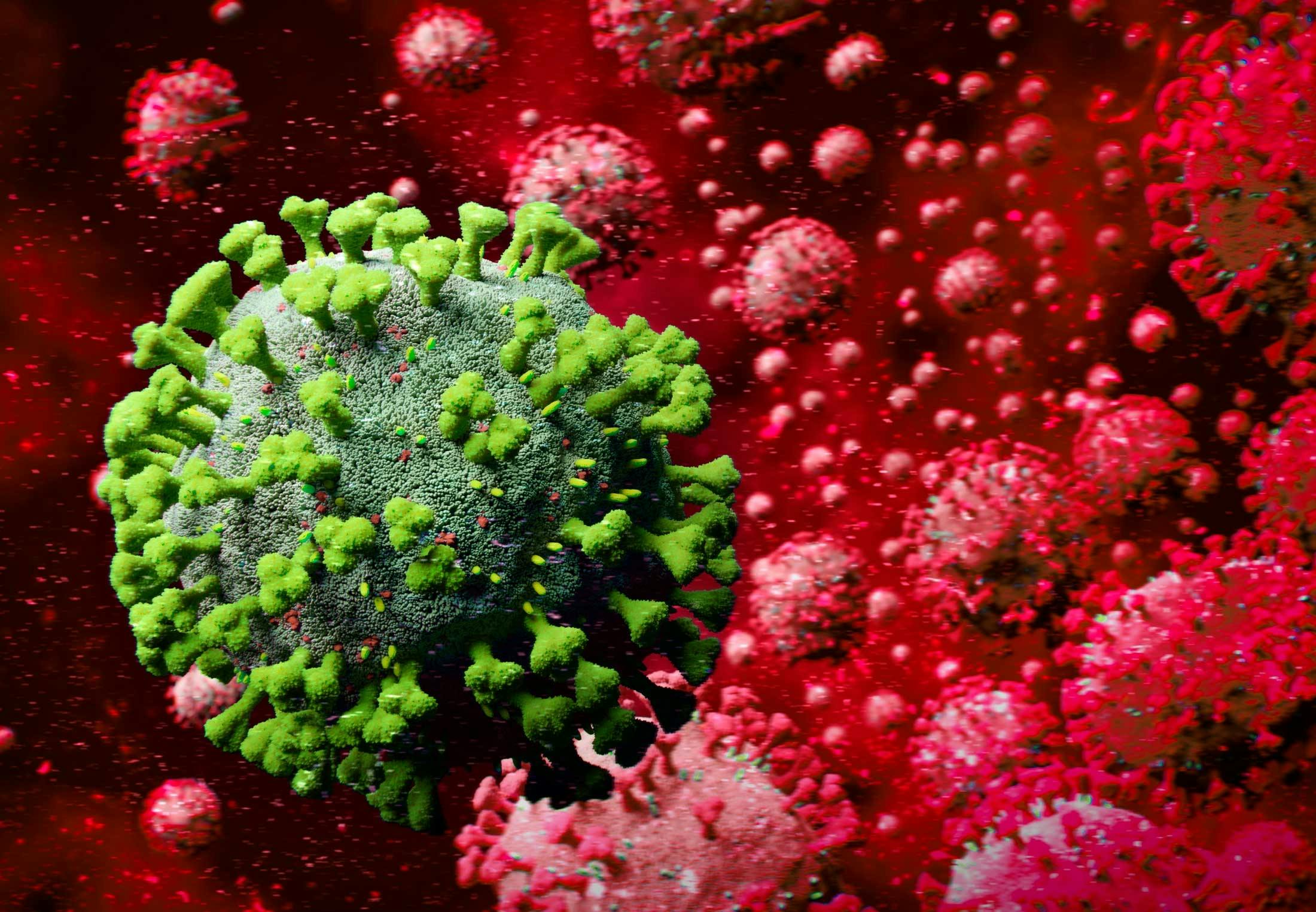The delta variant is more resistant to vaccines
The entry of the delta variant in the UK has led the country to postpone plans to open up society, which is partly due to the fact that the delta variant seems to be able to infect people who have only received the first of the vaccine’s two doses.
Here are the current studies of the efficacy of the vaccines against the delta variant.
The Pfizer / BioNTech vaccine and the delta variant
According to an English study from May The Pfizer / BioNTech vaccine provides 33% protection against the delta variant three weeks after the first injection. That figure was 50 percent in relation to the British corona variant.
However, two weeks after the second injection, the Pfizer / BioNTech vaccine provides significantly increased protection against the delta variant. It does not show one yet peer-reviewed analysis.
New figures from Israel, where large parts of the population have been vaccinated with the Pfizer / BioNTech vaccine, also show that the vaccine has a reduced effect on the variant. There, the effectiveness after two injections is estimated to be 64 percent.
This means that the vaccine does not completely block the disease, but all indications are that it still provides protection against serious illness, hospitalization and death.
The Israeli figures come with some reservations. This data has been collected for a short period and the results have not been published so that other health authorities have been able to review them.
A small Canadian study, which has not yet been peer-reviewed, paints a slightly more positive picture of the Pfizer / BioNTech vaccine’s protection against the delta variant. In it, the results show that the protection after one injection is 57 percent and 87 percent after the second injection.
The modern vaccine and the delta variant
According to the pharmaceutical company Moderna, their vaccine also protects against the delta variant. That conclusion has been drawn after Moderna examined blood from vaccinated people and only observed a “slight decrease in neutralizing properties”.
The mother’s study is now waiting to be reviewed by the college.
The AstraZeneca vaccine and the delta variant
The English study which showed that the Pfizer / BioNTech vaccine provided reduced protection after both the first and second injection, also examined the AstraZeneca vaccine, which is what many English people have received.
The results showed that the AstraZeneca vaccine – just like the Pfizer / BioNTech vaccine – provides 33 percent protection against the delta variant three weeks after the first injection. Two weeks after the second injection, protection had increased, although not to the same extent as after the Pfizer / BioNTech vaccine.
The Johnson & Johnson vaccine and the delta variant
Like Moderna, Johnson & Johnson has tested the effectiveness of its vaccine against the delta variant, and according to their results, which has not yet been peer reviewed, provides the vaccine with good protection.
They even write that they see an immune system that is better than what they observed in connection with the South African variant.
–

